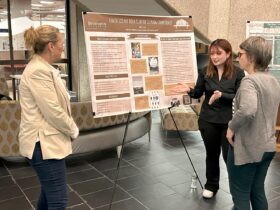The Libraries celebrate September 15 through October 15 as Hispanic and Latinx Heritage Month by highlighting works in our collections by and about members of the Hispanic and Latinx community. This 30-day period celebrates the cultures, histories and contributions of American citizens whose ancestors came from Spain, Mexico, the Caribbean as well as Central and South America. These titles provide perspectives on queer Hispanic and Latinx communities, inclusive mental health practices and decolonizing approaches to Spanish language learning. We encourage you to read works by and about members of the Hispanic and Latinx community this month and throughout the year!
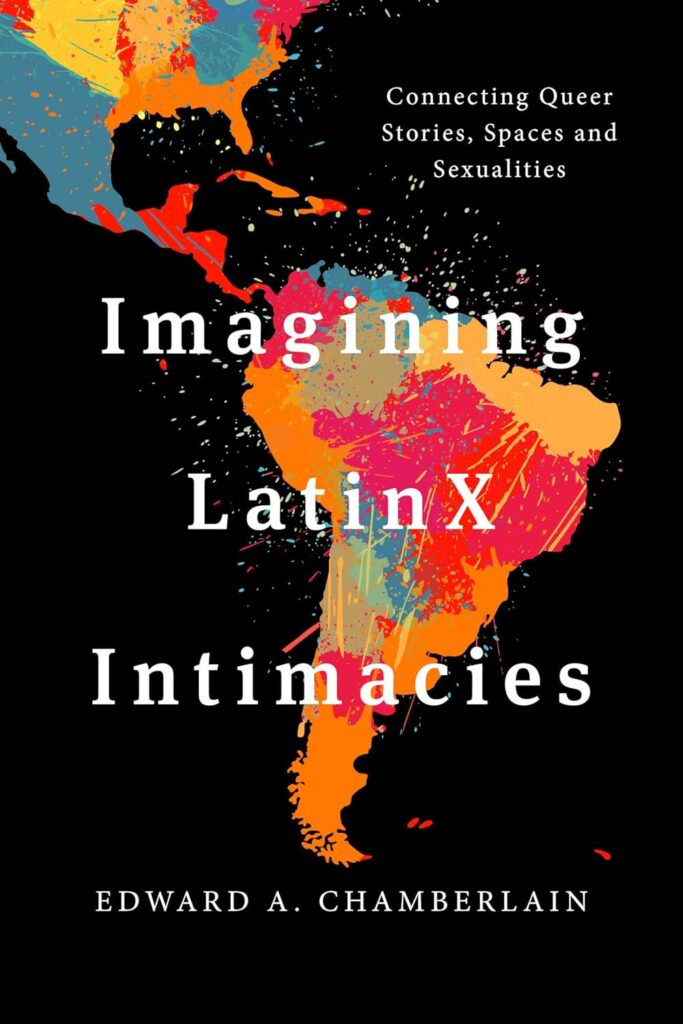
Imagining LatinX Intimacies : Connecting Queer Stories, Spaces, and Sexualities
by Edward A. Chamberlain
Imagining Latinx Intimacies addresses the ways that artists and writers resist the social forces of colonialism, displacement, and oppression through crafting incisive and inspiring responses to the problems that queer Latinx peoples encounter in both daily lives and representation such as art, film, poetry, popular culture, and stories. Instead of keeping quiet, queer Latinx artists and writers have spoken up as a way of challenging stereotypes, prejudice, and violence occurring in communities ranging from Puerto Rico to sites within the mainland United States as well as transnational flows of migration. Such migrations are explored in several ways including the movement of queer people from Chile to the United States. To address these matters, artistic thinkers such as Gloria Anzaldúa, Frances Negrón-Muntaner, and Rane Arroyo have challenged such socio-political problems by imagining intimate social and intellectual spaces that resist the status quo like homophobic norms, laws, and policies that hurt families and communities. Building on the intellectual thought of researchers such as Jorge Duany, Adriana de Souza e Silva, and José Esteban Muñoz, this book explains how the imagined spaces of Latinx LGBTQ peoples are blueprints for addressing our tumultuous present and creating a better future.
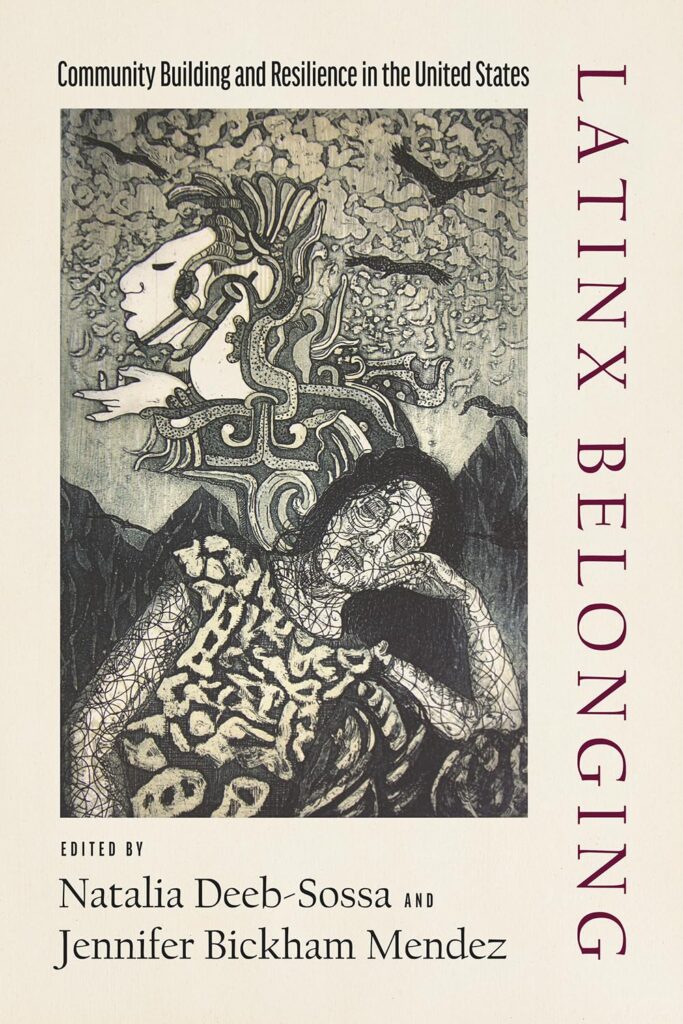
Latinx Belonging : Community Building and Resilience in the United States
edited by Natalia Deeb-Sossa and Jennifer Bickham Méndez
What does it mean to be Latinx? This pressing question forms the core of Latinx Belonging, which brings together cutting-edge research to discuss the multilayered ways this might be answered. Latinx Belonging is anchored in the claim that Latinx people are not defined by their marginalization but should instead be understood as active participants in their communities and contributors to U.S. society. The volume’s overarching analytical approach recognizes the differences, identities, and divisions among people of Latin American origin in the United States, while also attending to the power of mainstream institutions to shape their lives and identities. Contributors to this volume view “belonging” as actively produced through struggle, survival, agency, resilience, and engagement. This work positions Latinxs’ struggles for recognition and inclusion as squarely located within intersecting power structures of gender, race, sexuality, and class and as shaped by state-level and transnational forces such as U.S. immigration policies and histories of colonialism. From the case of Latinxs’ struggles for recognition in the arts, to queer Latinx community resilience during COVID-19 and in the wake of mass shootings, to Indigenous youth’s endurance and survival as unaccompanied minors in Los Angeles, the case studies featured in this collection present a rich and textured picture of the diversity of the U.S. Latinx experience in the twenty-first century.
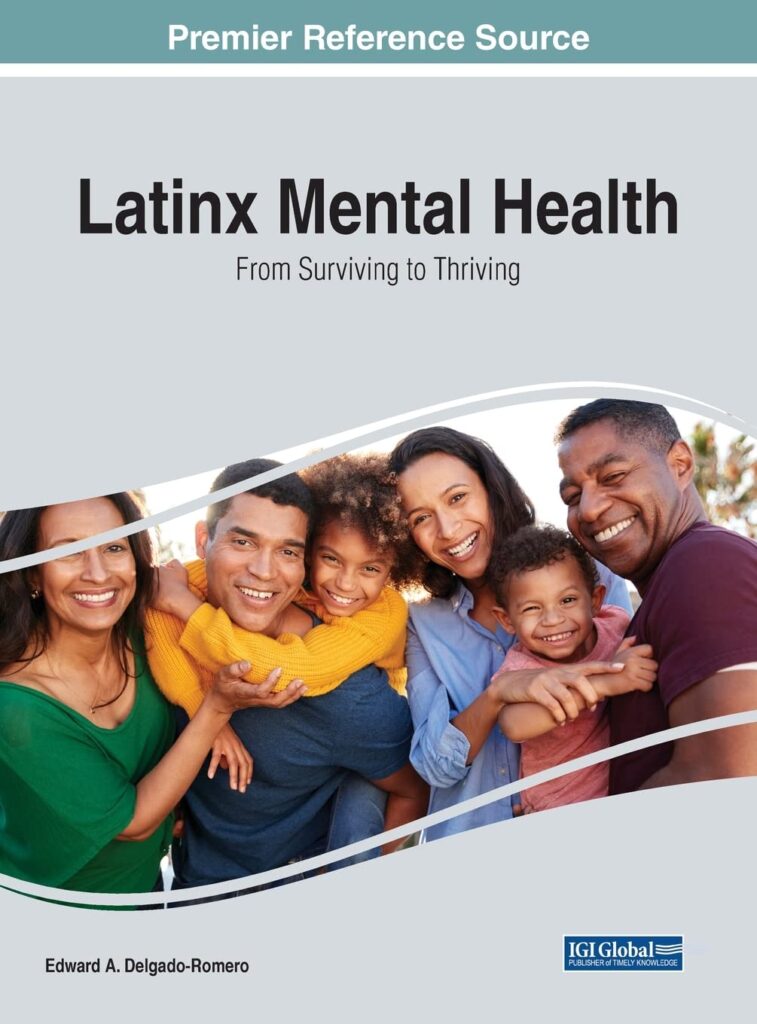
Latinx Mental Health : From Surviving to Thriving
edited by Edward A. Delgado-Romero
Despite similar vulnerability to mental illness as the general population, adults within the Latinx community often do not receive treatment for severe mental illnesses. Latinx communities face health disparities and lack of access to mental healthcare due to language barriers, lack of health insurance coverage, lack of cultural competence from healthcare practitioners, and more. It is essential to promote positive mental health practices within the Latinx community and to educate healthcare practitioners in cultural competence. Latinx Mental Health: From Surviving to Thriving focuses on the research and practical experiences that foster cultural resilience and strength. Rather than advocating for an assimilative model of coping, this book focuses on the way that Latinx issues can be studied and addressed in a culturally and linguistically appropriate way. This publication seeks to inspire a new generation of mental health researchers and practitioners to engage with the Latinx population in a strength-based way. Covering topics such as LGBTQ+ Latinxs, health disparities, and intergenerational trauma, this premier reference work is an excellent resource for psychologists, psychiatrists, therapists, sociologists, government officials, healthcare professionals, students and faculty of higher education, librarians, researchers, and academicians.
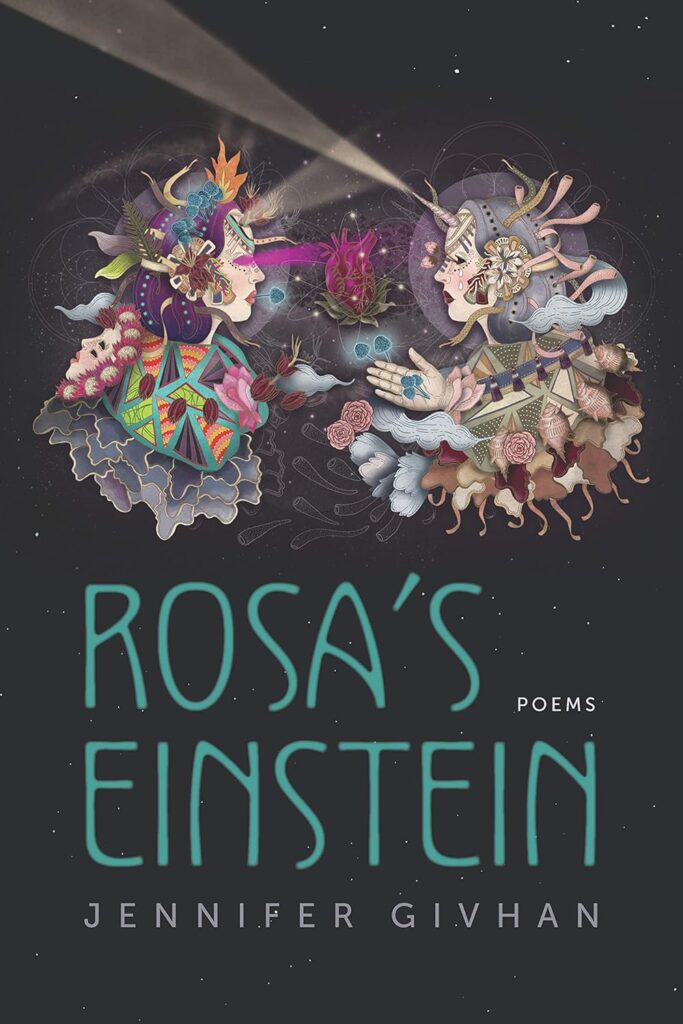
Rosa’s Einstein : Poems
by Jennifer Givhan
This collection of poetry reevaluates the meaning of borders, Latinx identity, and immigration narratives through the unlikely amalgamation of physics and fairytale.
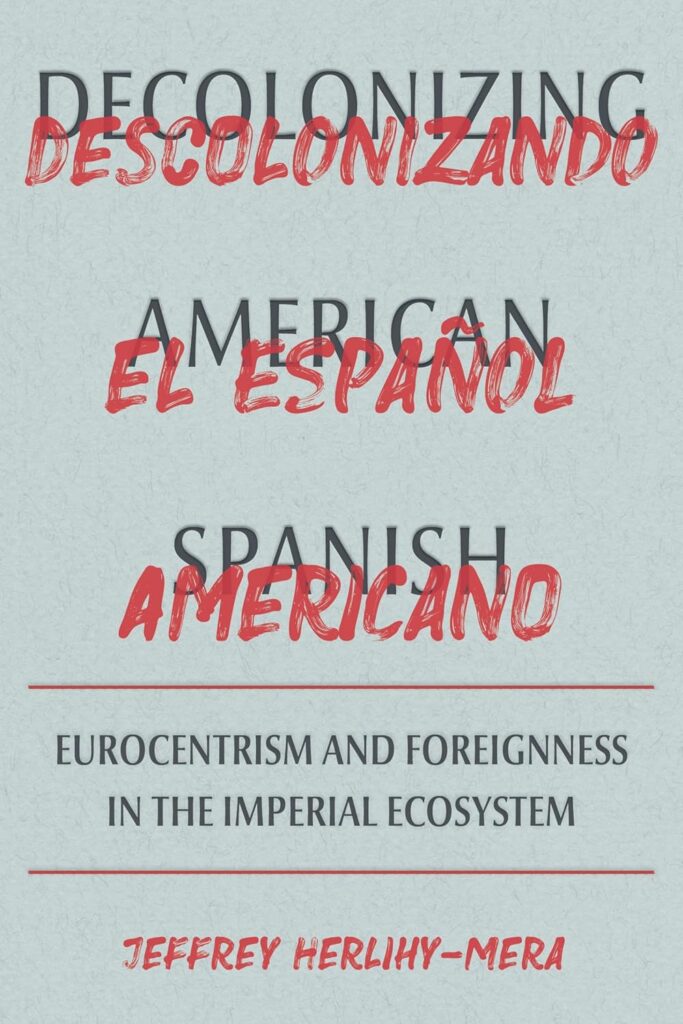
Decolonizing American Spanish : Eurocentrism and the Limits of Foreignness in the Imperial Ecosystem
by Jeffrey Herlihy-Mera
Despite a pronounced shift away from Eurocentrism in Spanish and Hispanic studies departments in US universities, many implicit and explicit vestiges of coloniality remain firmly in place. While certain national and linguistic expressions are privileged, others are silenced with predictable racial and gendered results. Decolonizing American Spanish challenges not only the hegemony of Spain and its colonial pedagogies, but also the characterization of Spanish as a foreign language in the United States. By foregrounding Latin American cultures and local varieties of Spanish and reconceptualizing the foreign as domestic, Jeffrey Herlihy-Mera works to create new conceptual maps, revise inherited ones, and institutionalize marginalized and silenced voices and their stories. Considering the University of Puerto Rico as a point of context, this book brings attention to how translingual solidarity and education, a commitment to social transformation, and the engagement of student voices in their own languages can reinvent colonized education.

Chilean Poet
by Alejandro Zambra
Nine years after their bewildering breakup, aspiring poet Gonzalo reunites with his high school girlfriend, Carla, now the mother of a six-year-old son, Vicente. Soon the three form a happy sort-of family–a stepfamily, though no such word exists in their language. After a few years, their ambitions pull the lovers in different directions, but traces of Gonzalo remain: Vicente inherits his love of poetry. When, at eighteen, he meets Pru, an American journalist literally and figuratively lost in Santiago, he encourages her to write about Chilean poets–not the famous, dead kind, your Nerudas or Mistrals or Bolaos, but rather the living, everyday poets, who are also a kind of family. By the time Pru’s article is published, Gonzalo has returned to Chile. But will he and Vicente find their way back to one another?
Summaries of books are quoted from publisher information.




